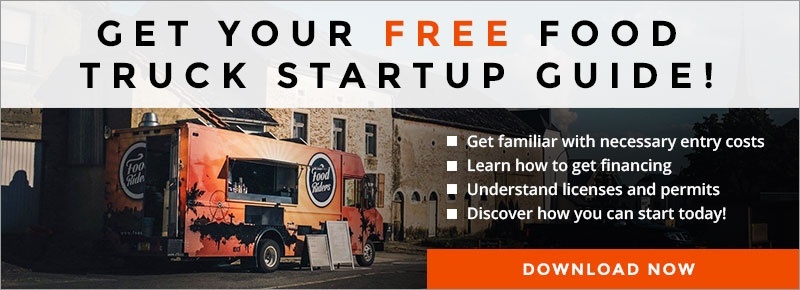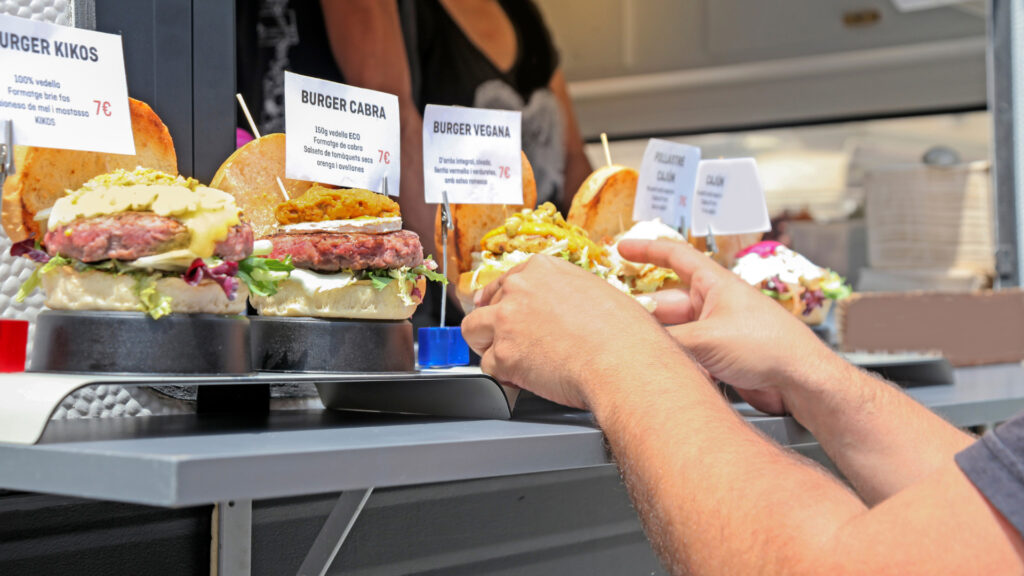Although food trucks have many advantages, these trucks have restrictions on where they can be parked. There are essential zoning laws that food truck owners must be aware of before operating. Here we’re going to share how to deal with zoning laws and food truck parking to ensure you run a successful food truck business.
Food Truck Parking Permits and Zoning Laws
Food trucks must follow the general rules of the road when parking. For instance, food trucks cannot park near fire hydrants, bus stops, and crosswalks. However, there are parking regulations specific to food trucks. Here are a few parking regulations to take note of:
- Park Safely: It’s essential to always park your food truck with the order window facing the sidewalk. This is a requirement for most cities and ensures you keep your customers safe while ordering food.
- Park in Commercial Areas: Under most circumstances, it’s never okay to park your food truck in a residential area. The only exception is if the property owner has invited you. Otherwise, food trucks should always be parked in commercial areas.
- Receive a Parking Permit: A food truck cannot operate without a parking permit. You’ll need to obtain a parking permit from your county clerk to operate.
- Follow Local Proximity Rules: Be sure to check local laws regarding local proximity rules. While each city is different, many cities have laws that prevent food trucks from parking within 500 to 600 feet of brick-and-mortar restaurants.
- Adhere to Local Metered Parking Rules: Your city may have restrictions in place for food trucks using metered parking spaces. Parking in metered spaces may be prohibited altogether.
Common Places To Park Your Food Truck
When it comes to finding places to park your food truck, you have many options.
Public Spaces
The easiest spot to park your food truck is in public spaces, like outside commercial offices or near city parks. Since your food truck is mobile, you can switch it up each week, targeting different crowds, ranging from college students to beachgoers.
Food Truck Commissary Parking
This is a special type of parking that includes facilities to clean, maintain, and store food trucks. It’s important to note that food truck commissary parking typically charges rent to occupy the parking. Depending on the commissary, it may even include a commercial kitchen for daily prep.
Storage Facilities
There are also options to rent a space in a vehicle storage facility or parking area. Keep in mind that there may be regulations regarding whether you will pay rent or need a special facility for your food truck.
Venue Private Property
Is your food truck located on a private commercial property, such as a mall parking lot or event space? If so, you might be able to lock up and leave your food truck parked there overnight. This is an excellent option if the venue has a good security system in place. Keep in mind, for overnight parking, you may need a Mobile Food Security Permit. For more information on where to park overnight, refer to your parking permit.
Parking at Home
Parking a food truck on your property will depend on local laws and neighborhood regulations. You also have to consider whether there is enough space. In most cases, you can’t park in front of your house but can store it in a garage or on your acreage of land.
Customize Your Food Truck With Legion Food Trucks
Are you ready to customize your state-of-the-art food truck? Legion Food Trucks manufactures the best food trucks in the nation. We are more than just a food truck company; we are your creative and business partner.
Our team is prepared to fully design your truck that meets all of your needs. We’ll even help you obtain the necessary licenses and permits required by your local government. Contact us to learn more about our food truck services.







